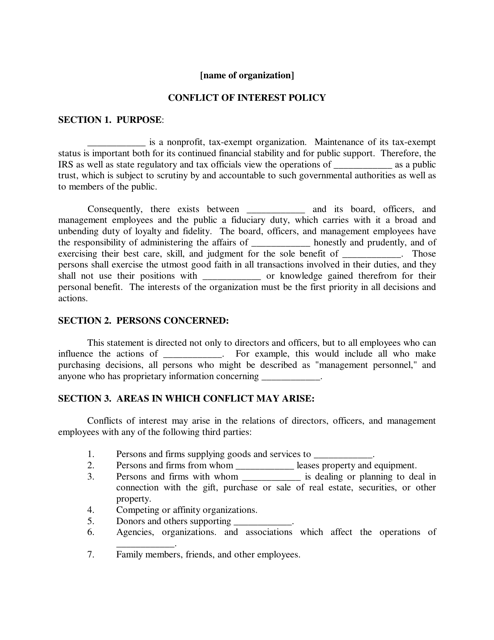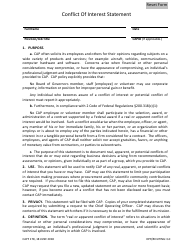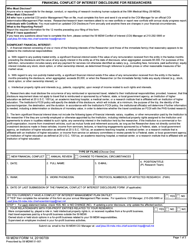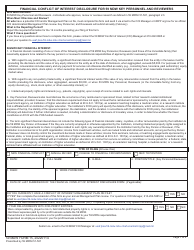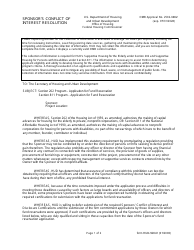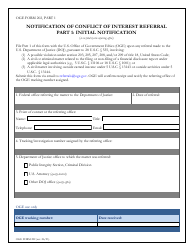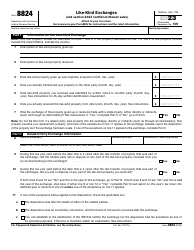Conflict of Interest Policy - Maryland
Conflict of Interest Policy is a legal document that was released by the Maryland Attorney General - a government authority operating within Maryland.
FAQ
Q: What is a conflict of interest?
A: A conflict of interest occurs when someone's personal interests or relationships could potentially influence their ability to make fair and unbiased decisions in their professional role.
Q: Why is a conflict of interest policy important?
A: A conflict of interest policy helps to ensure that individuals in positions of authority or decision-making roles act in the best interests of the organization or group they represent, rather than being influenced by personal interests.
Q: What does the conflict of interest policy in Maryland entail?
A: The conflict of interest policy in Maryland provides guidance and regulations on how individuals involved in government or public service should navigate and disclose any potential conflicts of interest.
Q: Who does the conflict of interest policy in Maryland apply to?
A: The conflict of interest policy in Maryland applies to individuals employed or serving in government agencies, boards, commissions, or other similar bodies.
Q: What are some examples of conflicts of interest?
A: Examples of conflicts of interest could include an elected official voting on legislation that directly benefits their personal business, or a government employee accepting gifts or favors that could influence their decision-making.
Q: What are the consequences of violating the conflict of interest policy in Maryland?
A: Violating the conflict of interest policy in Maryland can result in disciplinary action, including possible termination of employment or legal penalties, depending on the severity of the violation.
Form Details:
- The latest edition currently provided by the Maryland Attorney General;
- Ready to use and print;
- Easy to customize;
- Compatible with most PDF-viewing applications;
- Fill out the form in our online filing application.
Download a printable version of the form by clicking the link below or browse more documents and templates provided by the Maryland Attorney General.
